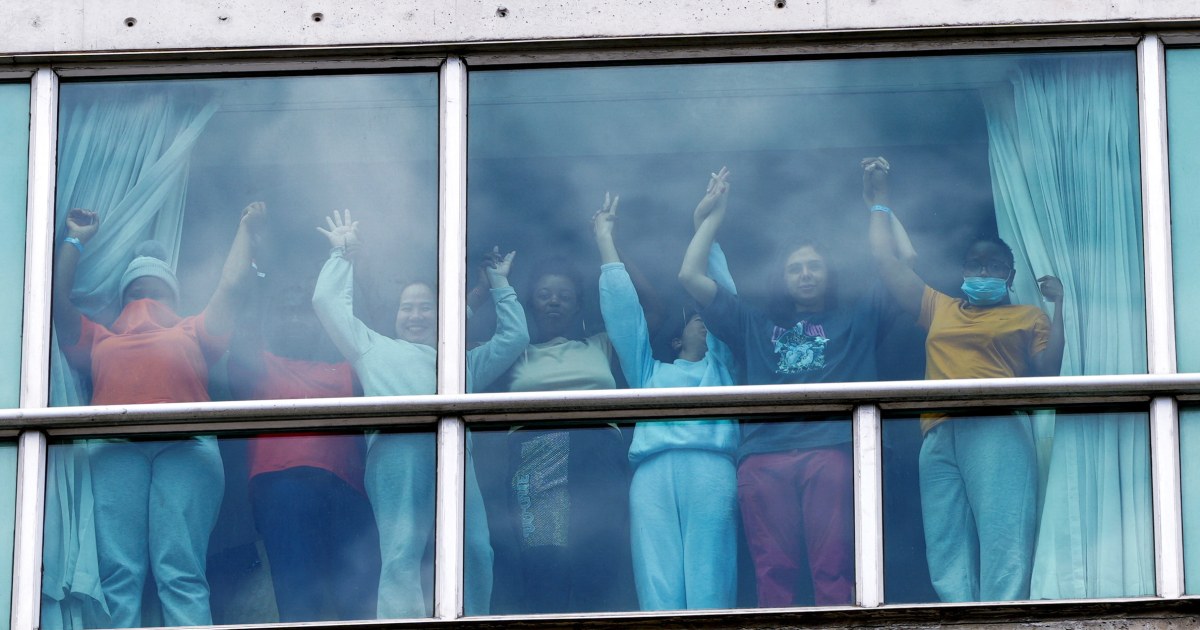Panama and Costa Rica Face Criticism Over Treatment of Deported Migrants
Human rights concerns rise as Panama and Costa Rica detain migrants in remote camps while suspending legal access and seizing belongings.
Overview
Migrants in Panama and Costa Rica face harsh conditions as authorities restrict access to legal services and confiscate belongings. Recent U.S. deportations and tightened immigration policies prompt these moves. Critics argue these measures reflect a focus on control over human rights. Migrants, including families from diverse countries, struggle to communicate with legal representatives. Their uncertain fate and lack of transparency raise alarms among human rights advocates, as government officials attempt to manage the influx of migrants returning from the U.S.
Content generated by AI—learn more or report issue.

Get both sides in 5 minutes with our daily newsletter.
Analysis
- Costa Rica and Panama are facing criticism for their treatment of deported migrants, including the confiscation of passports and phones, and lack of access to legal services.
- There is a significant need for transparency in the handling of migrants, as current practices are leading to confusion and potential human rights violations.
- Both countries are navigating new migration patterns influenced by U.S. policies, leading to a complicated humanitarian situation.
Articles (3)
Center (2)
FAQ
History
- This story does not have any previous versions.

